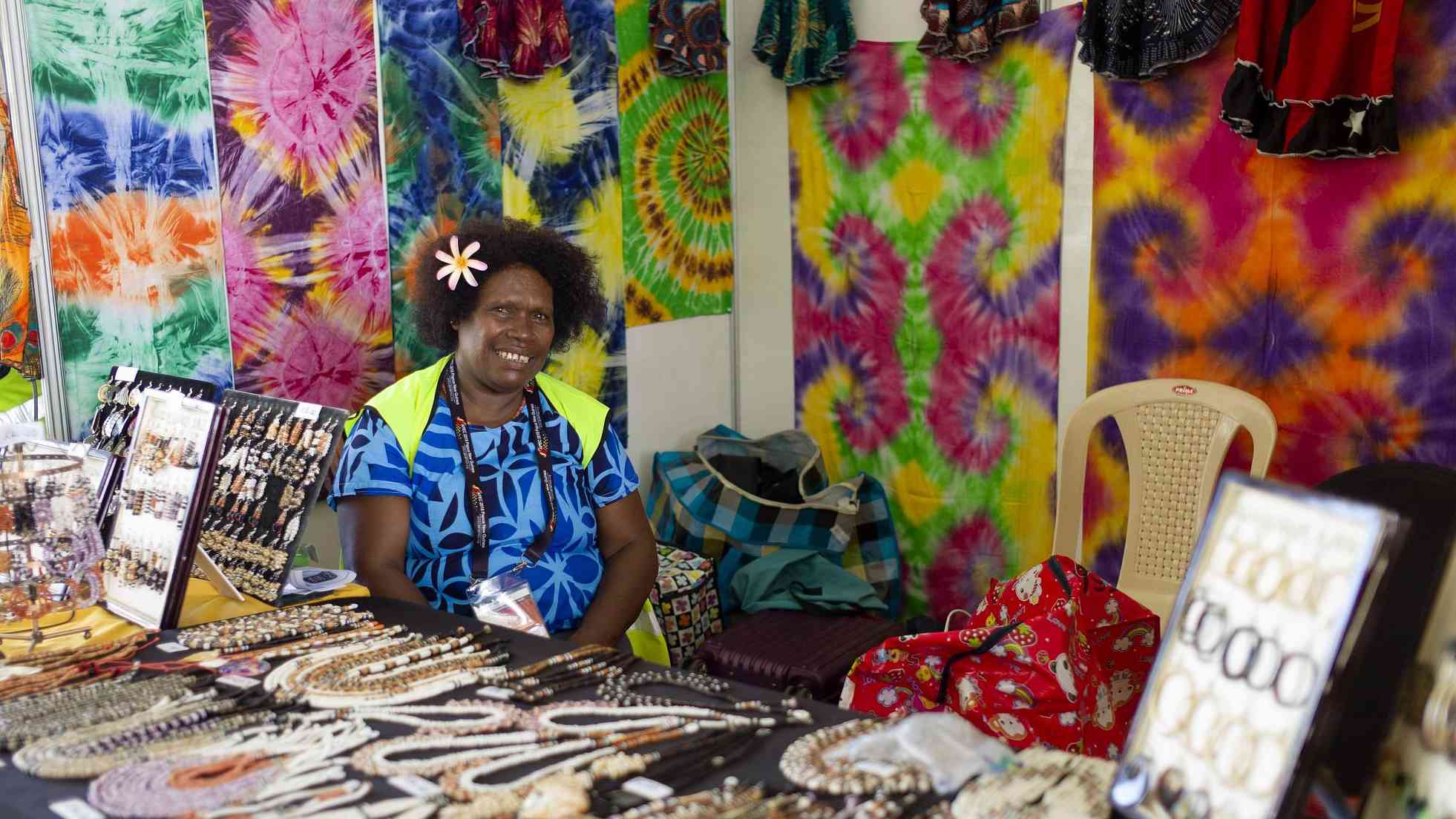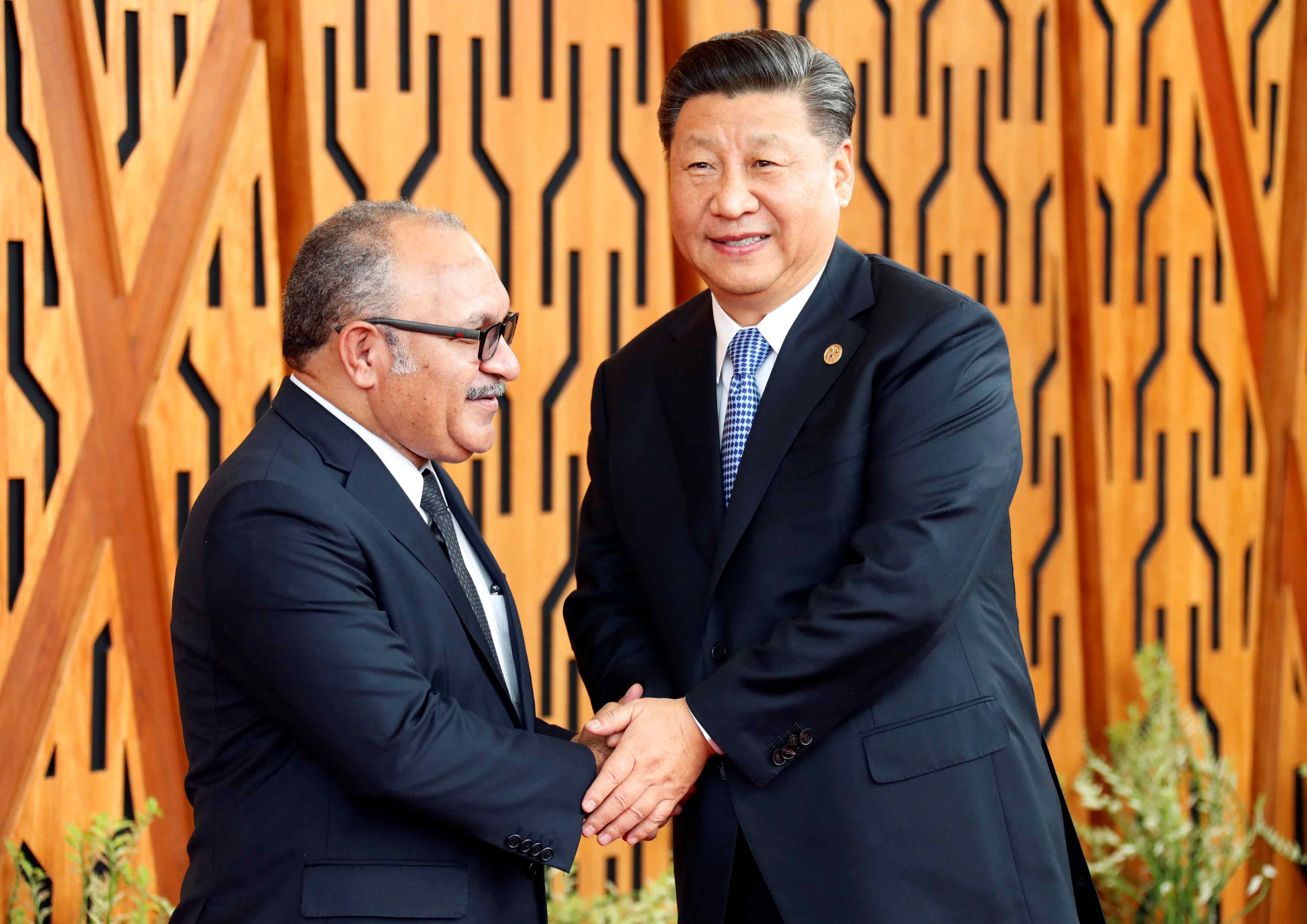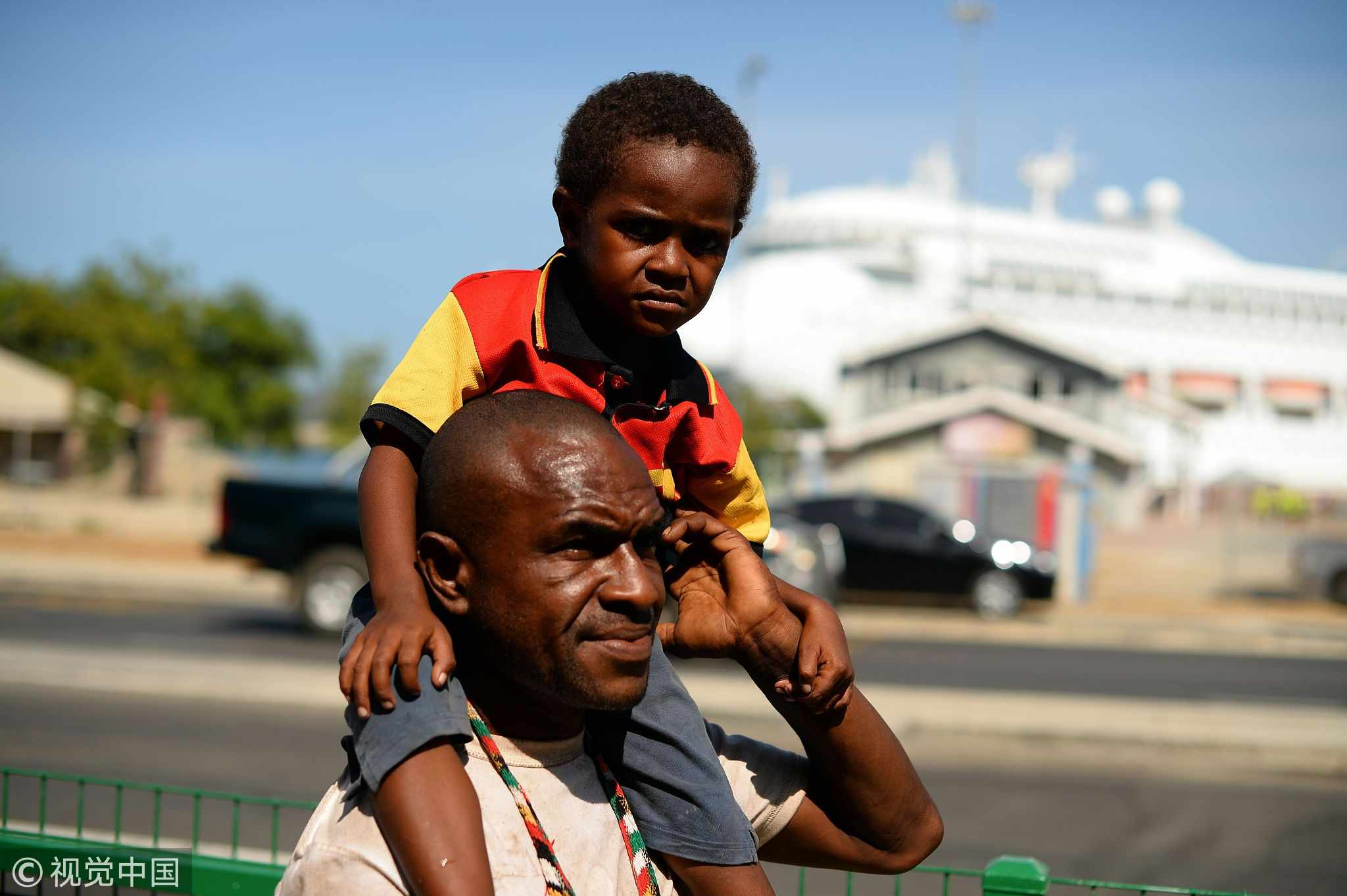
Opinions
18:23, 18-Nov-2018
Opinion: China and Pacific Islands cooperate for a better future
Updated
17:55, 21-Nov-2018
By Song Wei

Editor's note: Song Wei is an associate researcher at the Chinese Academy of International Trade and Economic Cooperation. The article reflects the author's opinion, and not necessarily the views of CGTN.
Chinese President Xi Jinping stressed that China and Pacific Island countries should seize the opportunity and jointly work for a better future during his visit to Papua New Guinea.
For a long time, China and the island countries of the South Pacific have maintained a high level of political mutual trust. China has provided infrastructure aid including roads, bridges, airports, stadiums and government offices to island countries of the South Pacific, helping them to strengthen their independent development capabilities.
China and the South Pacific island countries have a lot to offer to each other in terms of economic cooperation.
Although the South Pacific island countries enjoy vast marine exclusive economic zones and abundant marine resources, they are short of funding, technology and experiences.

Chinese President Xi Jinping is greeted by Papua New Guinea's Prime Minister Peter O'Neill at his arrival for the APEC Summit, Port Moresby, Papua New Guinea, November 17, 2018. /Reuters Photo
Chinese President Xi Jinping is greeted by Papua New Guinea's Prime Minister Peter O'Neill at his arrival for the APEC Summit, Port Moresby, Papua New Guinea, November 17, 2018. /Reuters Photo
China can help resource rich countries of the South Pacific with capital, technology and talents and bring about a win-win situation of shared interest, mutual benefit and common development.
However, the South Pacific region has historically been controlled by major powers outside the region, such as Australia, New Zealand, the United States and Japan, which are concerned about a growing presence of China.
In light of the geopolitics of major outside powers, China should strengthen communication and seek to work together with Australia, New Zealand and other countries to resolve issues of the South Pacific region. Australia and New Zealand, who see the South Pacific as their backyard, have great influences on the South Pacific islands.
As the largest sources of aid, the two countries have made their marks on the social and political systems of the island countries whose elites are mostly educated in Australia and New Zealand.
Objectively speaking, Australia and New Zealand are not very efficient in their aid to the South Pacific countries.

A Papuan villager carries his son on his shoulders in downtown Port Moresby, November 13, 2018. /VCG Photo
A Papuan villager carries his son on his shoulders in downtown Port Moresby, November 13, 2018. /VCG Photo
Most of the island countries are poor; some are even among the least developed countries according to the United Nations. However, the aid from Australia and New Zealand tends to go to healthcare and governance instead of infrastructure and production.
In contrast, while fully respecting the will of the South Pacific island countries to develop independently, China has provided technical training and factory and infrastructure aid needed to modernize agriculture and industry, which has effectively enhanced these countries' ability to develop independently.
Although China and Australia and New Zealand have different priorities for the South Pacific countries, they can still cooperate. The water supply project jointly built by China and New Zealand in the Cook Islands can serve as a good example.
With goodwill and cooperation, the relation between China and outside powers of the region can move in a positive direction. On this basis, cooperation between China and the South Pacific island countries will be enhanced with more support to accelerate growth of the island countries and achieve shared development and common prosperity.
(If you want to contribute and have specific expertise, contact us at opinions@cgtn.com.)

SITEMAP
Copyright © 2018 CGTN. Beijing ICP prepared NO.16065310-3
Copyright © 2018 CGTN. Beijing ICP prepared NO.16065310-3